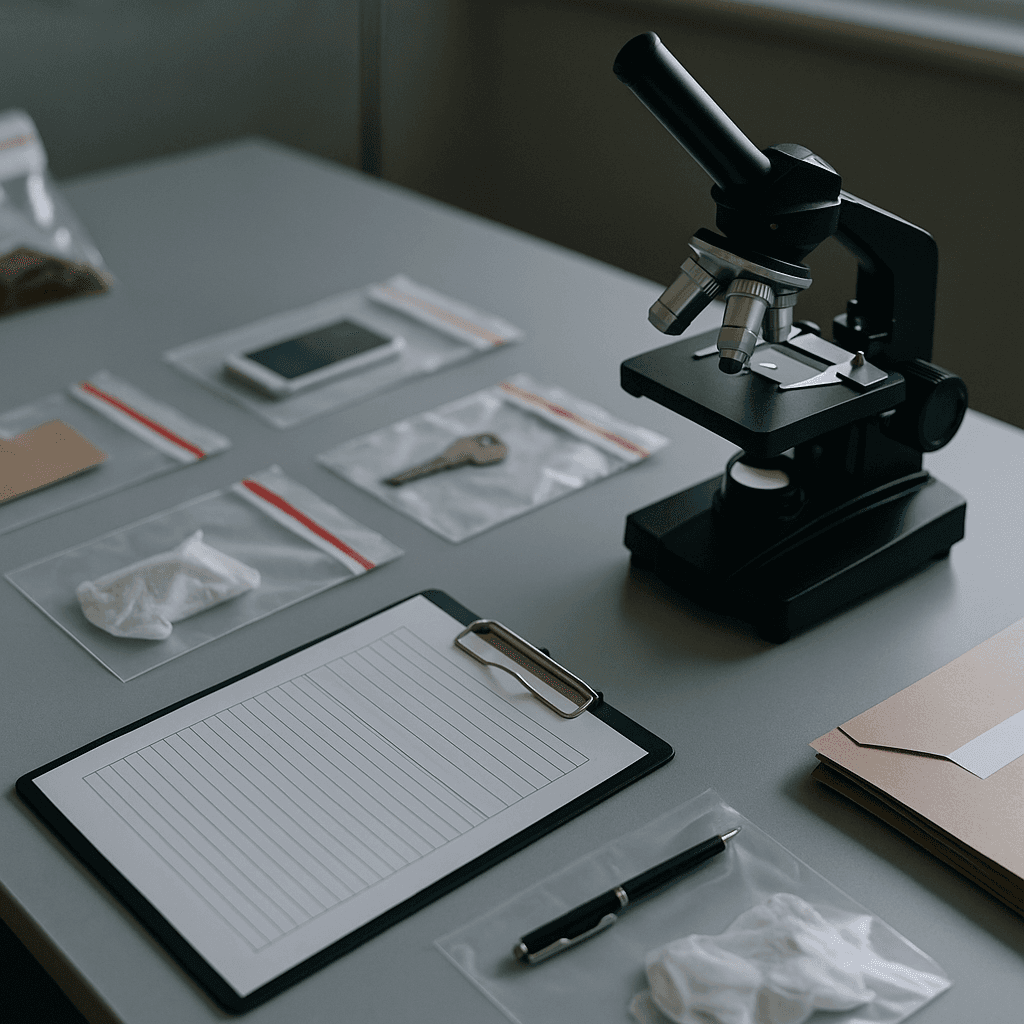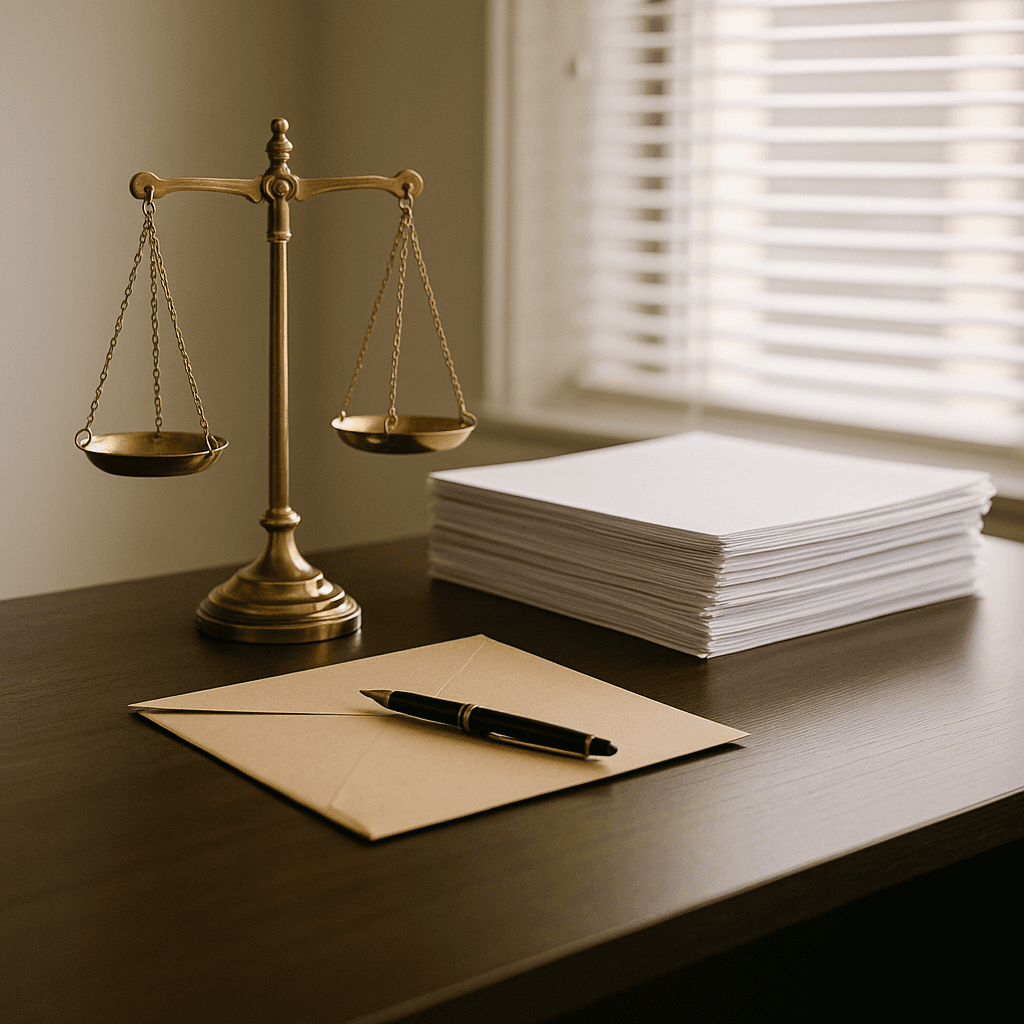
The Role of Expert Witnesses in Injury Litigation

Why Expert Witnesses Matter in Personal Injury Cases
In personal injury litigation, facts alone are often not enough. While evidence like medical records, photographs, and witness statements paint part of the picture, juries and insurance companies frequently need context and explanation to understand the full scope of an injury and its impact. This is where expert witnesses play a pivotal role.
Expert witnesses are professionals—often doctors, engineers, economists, or accident reconstruction specialists—who provide testimony based on their specialized knowledge. Their objective is not to advocate for one side but to clarify complex issues that require professional interpretation. In many cases, their opinions help bridge the gap between evidence and understanding, making them critical to achieving fair compensation.
A skilled personal injury lawyer knows how to identify, prepare, and present expert testimony effectively. These experts lend credibility to a case, translating technical or medical facts into language that decision-makers can easily comprehend.
Setting the Stage: Your Initial Consultation and Case Evaluation
The importance of expert testimony often becomes apparent from the very beginning of your case. During your initial meeting with an attorney, one of the key discussions revolves around what kind of proof will be needed to establish liability and damages. This early evaluation determines whether expert witnesses—such as medical professionals or accident reconstruction specialists—might be essential for success.
For example, a medical expert can explain the long-term effects of a spinal injury, while a financial expert can project future lost income due to disability. Understanding what evidence is necessary early on allows the attorney to begin building a strong case immediately.
Your first meeting also helps establish communication and expectations. An experienced lawyer will outline not only how the case will proceed but also how expert testimony fits into the overall legal strategy. This structured approach aligns with the preparation and clarity described in what to expect during your first meeting with a personal injury attorney, where organization and transparency lay the groundwork for success.
The Different Types of Expert Witnesses in Injury Litigation
Not all expert witnesses serve the same purpose—each plays a distinct role in proving your claim.
Medical Experts assess the nature, cause, and extent of your injuries. They can explain how an accident led to physical harm, outline necessary treatments, and estimate recovery timelines or long-term limitations.
Accident Reconstructionists use engineering principles and evidence from the scene—such as skid marks, impact angles, or vehicle damage—to determine how an incident occurred and who was likely at fault.
Economic and Vocational Experts calculate financial losses, including future earning capacity, rehabilitation costs, and the overall economic impact of your injury.
Mental Health Professionals may testify about emotional distress, trauma, or psychological suffering that resulted from the accident.
Together, these professionals help strengthen your case by providing objective, science-based explanations that are difficult for insurance adjusters or opposing counsel to dispute.
How Expert Testimony Shapes the Legal Process
Once your attorney determines that expert witnesses are necessary, they begin working closely with them to prepare reports and testimony. These experts must follow strict legal standards for admissibility, ensuring their opinions are based on recognized methods and relevant data.
Their input often becomes especially valuable during the discovery phase of litigation. Discovery is the period when both sides exchange evidence, take depositions, and build their arguments. Expert witnesses frequently prepare written reports during this stage, summarizing their findings and conclusions. They may also testify under oath in depositions or later at trial.
Well-prepared experts can make complex issues understandable, turning technical details into clear, persuasive evidence. Their ability to communicate effectively can influence negotiations and even prompt settlements before trial. This underscores the importance of how discovery is managed—something clearly reflected in what happens during discovery in a personal injury lawsuit, where organization and expertise are critical to presenting a strong case.
The Financial Aspects of Hiring Experts
Many injury victims hesitate at the thought of hiring experts, assuming the cost will be overwhelming. However, most personal injury law firms work on a contingency fee basis, meaning clients pay nothing upfront. The firm covers the costs of expert witnesses, investigators, and other expenses until the case is resolved successfully.
This arrangement ensures that victims have access to the same caliber of experts as large insurance companies without any immediate financial burden. If the case results in a settlement or favorable verdict, the attorney's fee—along with the expert costs—is deducted from the compensation recovered.
This fee structure not only removes financial barriers but also aligns the attorney's motivation with the client's best interests. The approach mirrors the client-focused principles discussed in how contingency fees work – and why they benefit clients, where justice remains accessible to everyone, regardless of financial standing.
Why Going It Alone Can Be Risky
Some individuals attempt to handle their personal injury cases without legal assistance, believing they can save money or manage the process independently. However, without the resources and experience to locate credible expert witnesses, such claims often fall short.
Insurance companies rely on their own experts—medical evaluators, engineers, and economists—whose opinions are crafted to minimize payouts. Without countering testimony from qualified professionals, it becomes almost impossible to challenge their conclusions effectively.
This imbalance can severely weaken your case, as unrepresented claimants often lack the tools and knowledge to interpret complex medical or technical evidence. The consequences of self-representation can be costly, as illustrated in the dangers of handling a personal injury case without legal help, where victims risk losing fair compensation due to lack of expertise.
Recognizing When to Change Course
If you already have representation but feel your case is stagnating—perhaps because your attorney hasn't engaged the necessary experts or isn't communicating clearly—it may be time to consider a change.
Switching attorneys during a case is more common than many people realize. A new lawyer can review your existing file, identify gaps in expert testimony, and reinvigorate the strategy to ensure your case moves forward effectively. The process is typically seamless, with the new firm handling the transition.
Recognizing when a change is needed protects your case and your confidence in the legal process, much like the considerations explored in when should you switch to a different injury lawyer?, where trust and communication form the cornerstone of successful advocacy.
The Insurance Company's Perspective on Expert Testimony
Insurers don't just evaluate injuries—they evaluate the strength of the case against them. When they see a claim supported by credible expert witnesses, detailed reports, and professional representation, they know the risk of going to trial increases.
Adjusters consider these factors carefully when determining settlement offers. Well-prepared expert testimony often leads to higher valuations because it leaves little room for dispute. Conversely, weak or missing expert support signals vulnerability—something insurers may exploit with lower offers.
This evaluation process reflects the calculated strategies used by insurance companies, as discussed in how insurance companies evaluate injury claims, where their assessments are based on risk, evidence, and the quality of legal representation.
Bringing It All Together: Expertise, Strategy, and Advocacy
Expert witnesses don't just add credibility—they shape outcomes. Their testimony provides clarity where confusion might otherwise exist, bridging the gap between medical facts, economic realities, and legal arguments.
When combined with a well-prepared attorney, expert insight transforms a claim from a personal story into a compelling legal case. From the first consultation to discovery, negotiation, and trial, collaboration between attorney and expert ensures every fact is supported, every argument is sound, and every dollar of rightful compensation is pursued.
In personal injury litigation, knowledge is power—and expert witnesses supply the proof that turns belief into certainty.
Blog Posts:

How Insurance Companies Evaluate Injury Claims
How the Evaluation Process Really Works When you file a personal injury claim, the insurance company begins a process that is anything but simple. Behind every offer or denial, there's a calculated evaluation designed to protect their bottom line. Insurers use data-driven methods, past claim outcomes, and internal guidelines to assess how much—if anything—they believe your case is worth. The goal of the insurance adjuster is straightforward: to settle your claim for as little as possible while closing the file quickly. They'll review your medical records, accident details, and even statements you've made to determine liability and damages. The more organized and detailed your claim presentation, the harder it is for them to undervalue it.

The Dangers of Handling a Personal Injury Case Without Legal Help
Understanding What's at Stake After an accident, it's natural to want to resolve things quickly. Medical bills begin piling up, your work may be disrupted, and insurance adjusters often seem eager to "help." Many people believe they can handle their personal injury claim on their own—especially if the situation seems straightforward. But personal injury law is complex, and even minor missteps can lead to significant financial loss. Without professional guidance, you may underestimate your claim's value, miss critical deadlines, or make statements that insurers later use against you. The legal process is designed to protect both sides, and insurance companies have experienced professionals working to limit payouts. Without an equally skilled advocate on your side, you're at a clear disadvantage. That's why consulting a personal injury lawyer early in the process is often the difference between fair compensation and a costly mistake.

When Should You Switch to a Different Injury Lawyer?
Knowing When It's Time for a Change Choosing the right attorney after an accident is one of the most important decisions you'll make in your recovery journey. However, not every lawyer-client relationship is a perfect fit. Sometimes, despite your best efforts, you may realize that your current representation isn't meeting your expectations. Whether it's poor communication, lack of progress, or a sense that your case isn't being handled effectively, recognizing when to switch attorneys can make all the difference in the outcome of your claim. Switching to a new personal injury lawyer doesn't mean starting over from scratch—it means taking control of your case and ensuring it receives the attention and effort it deserves. Understanding what to expect from your legal representation can help you identify the warning signs that it might be time for a change.

How Contingency Fees Work – and Why They Benefit Clients
Understanding Contingency Fees in Personal Injury Cases For many accident victims, the idea of hiring an attorney can seem intimidating—especially when they imagine expensive upfront costs or hourly rates. But in personal injury law, most attorneys work on a contingency fee basis, a structure designed to make legal representation accessible regardless of a client's financial situation. Under a contingency fee agreement, you don't pay your attorney unless your case is successful. Their payment is a percentage of the settlement or verdict you receive, meaning they only get paid when you do. This system aligns the attorney's interests with yours: both parties are motivated to achieve the best possible outcome.
Get an agent on the line in seconds
Responsive
Legal Assistance
Our personal injury attorneys advocate for the funds necessary to cover bills, secure medical treatment, recoup lost wages, and provide compensation for your pain and suffering.
Are you facing unfair treatment from the insurance company?
Do you know the value of your case?
Is the insurance company asserting that the accident is your responsibility?

We'll get back to you ASAP.
Get Your Free Consultation
You Pay Nothing Unless We Recover Compensation For You
